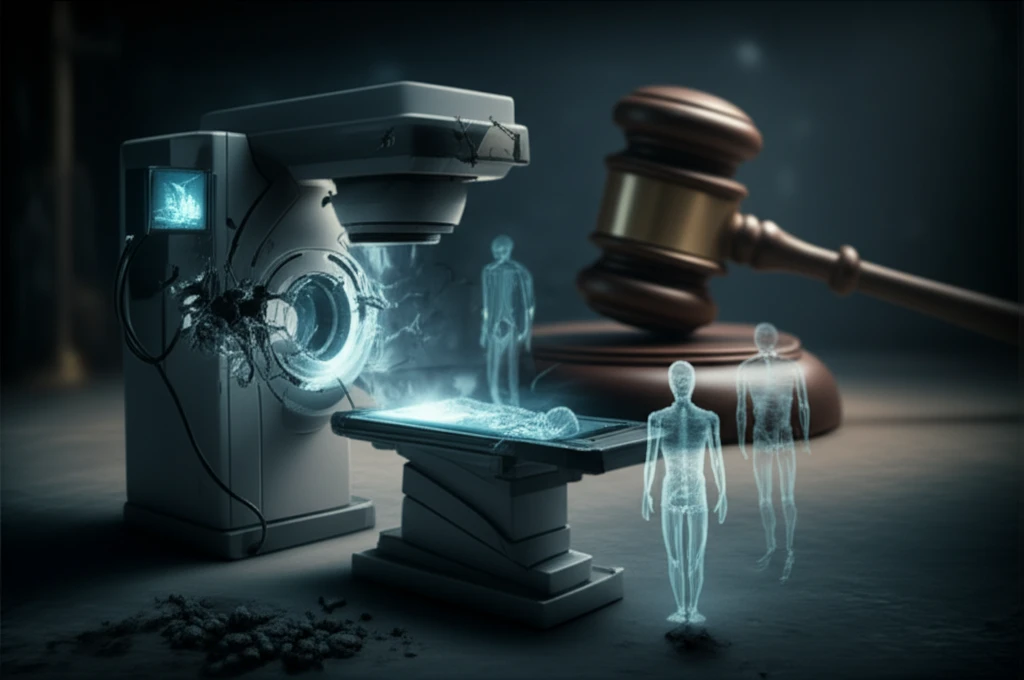
Holding Healthcare Officials Accountable: When Negligence Harms Patients
"Explore the legal avenues for seeking justice when public health officials' negligence or incompetence leads to patient harm."
Reports of malfunctioning or absent medical equipment in state hospitals are distressingly common. When this stems from negligence, incompetence, or indifference on the part of public officials, the question arises: should these officials be held personally accountable for the resulting harm to patients?
The current legal landscape often sees the state bearing the brunt of lawsuits, with little to no financial consequence for the individual officials responsible. This raises concerns about accountability and whether taxpayers should perpetually foot the bill for misdeeds.
This article delves into the crucial question of holding public health officials and Members of the Executive Council (MECs) liable for harm inflicted upon patients due to negligence, indifference, or mismanagement regarding essential hospital equipment. We will explore the concept of personal liability, the role of vicarious liability, and the potential for courts to enforce accountability.
When Can Public Health Officials Be Held Liable?

In South Africa, public officials are not shielded from personal liability when their incompetence, indifference, or negligence directly results in harm. An injured party can pursue legal action against these officials, provided they can demonstrate that the conduct in question was either negligent or intentional. In instances where multiple officials contribute to the harm, each can be held personally liable.
- Failure to Maintain Equipment: Hospital managers who fail to ensure the proper functioning and maintenance of radiological equipment, despite knowing the potential harm to patients, may be deemed negligent.
- Wasting Resources: Public officials who negligently waste available resources, leading to equipment shortages, may also face personal liability.
- Consequences of Negligence: Lawsuits against negligent public officials can seek damages for various losses, including lost income, medical expenses, pain and suffering, reduced life expectancy, and loss of support for dependents.
The Path to Accountability
Holding public health officials accountable is essential for ensuring quality healthcare and protecting patients' rights. While the legal landscape can be complex, understanding the principles of personal and vicarious liability is a crucial step toward achieving justice and improving the healthcare system for all.
